When you’re in your twenties, it’s hard to imagine that in a decade or three your knees might snap like castanets when you try to stand up too quickly – or that you’ll never again be able to read cooking instructions on a packet without first scrounging around for the reading glasses you swore you left on the kitchen counter but have now vanished along with your youthful gleam.
However, although age may creep up on you slowly – there’s no escaping it’s impact. ‘Every time I look in the mirror, I’m dismayed the two vertical grooves between my brows,’ says Anna, 53. ‘I really don’t know when this tiny picket fence first arrived on my face.’
For Sven, 49, it’s his widening girth. ‘I got a shock getting reading for a recent hike,’ he says. ‘My favourite shirt was stretched so tightly over my stomach I thought it had shrunk in the wash. Turns out I have simply added another few kilograms to my middle-aged spread.’
Anna and Sven are not alone in their observations about their ageing faces and bodies.
In fact, by the time there are more than 50 birthday candles to blow out, you might think you’re not over the hill as much as skidding downhill at terrifying speed with no brakes.
But as you come to grips with the fact your body parts have moved a few centimetres southwards, your facial skin looks more like corduroy than silk and your lagging metabolism has rewarded you with ample thighs that seem to jiggle even when you’re standing still, you also come to realise good things come with your advancing years – lots of good things!
For starters, self-compassion replaces self-flagellation if you digress from a diet, skip a workout or sleep late; humour replaces grim determination when it comes to striving for an unattainable goal. In short, midlife brings with it a certain peace about yourself and your body, which is ultimately liberating. As Vikki Claflin author of Chin Hairs & Back Fat: Somewhere Between Tweezers, Yoga Pants & a Box of Wine says: ‘My body is no longer the enemy, needing to be beat into submission for daily infractions of not being tall enough, pretty enough, or thin enough. It is what it is, and now it tells me what to do.’
Experts agree with her sentiment that ageing well means accepting your body – flaws and all.
‘To age gracefully, one needs to anticipate the changes that are inevitable,’ says Illinois psychologist Dr Mark Frazier. ‘People who think rigidly do not do that. As they encounter the natural changes and health status that are part of ageing, these things are experienced as negative and adding a lot of stress and strain to their life. Rigid thinkers tend to get overwhelmed. They can’t manage it, and they get depressed.’
HOW TO KEEP LOVING YOUR MIDLIFE BODY AND MIND
The point is, getting older is certainly better than the alternative. And while you can’t control your age, you can slow the decline of ageing with smart choices along the way. Embracing the fact that you are advancing in years does not mean neglecting your wellbeing – quite the opposite in fact. From the foods you eat and how you exercise to your friendships, interests and retirement goals — it all has an effect on how fast or slow your body ages.
NUTRITION
Your metabolism affects your weight, digestion, energy, and mood – and it slows as you age, meaning you need to adjust your caloric intake to prevent gaining unwanted weight. Take Omega-3 supplements to keep your brain sharp and ensure colourful fruits and veggies form part of your diet. These contain carotenoids that fight oxidative stress and reduce the risk of chronic disease. Aim for 1 ½ - 2 cups of fruit and 2 - 2 ½ cups of vegetables every day.
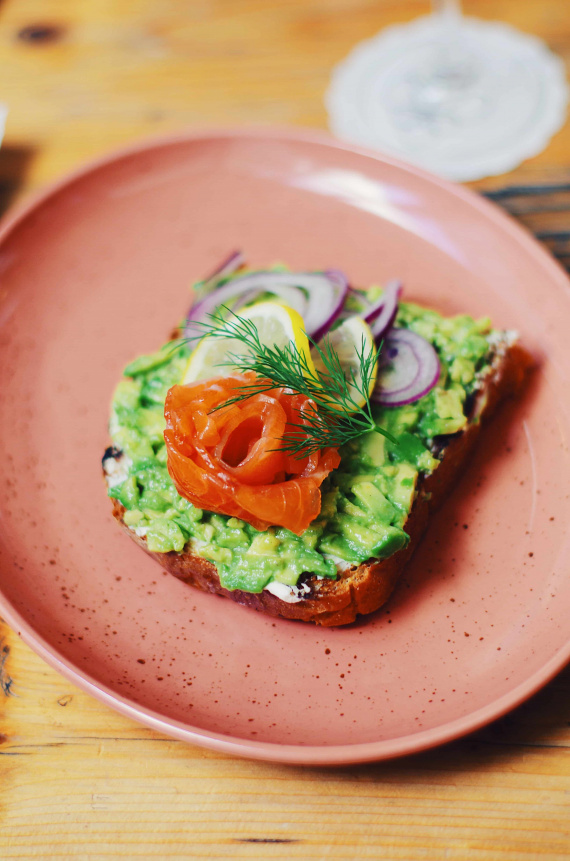
EXERCISE
Choose the right regime and you will not only feel more energised, your body will function better too. TheOptimal.me programme offers low impact, strength and balance training dance and mindfulness workouts you can do at home – all it takes is 15 minutes. The extensive online collection of Integrated Movement Routines (IMRs) work all your muscles together, balancing your body to improve your stability, mobility, flexibility and strength.
FRIENDSHIPS
Studies have found that regular socialising can strengthen your immune system as you age. Strong friendship bonds can also help you recover more quickly from illness, lower blood pressure and the risk of heart disease, sharpen your memory and even help you get a better night’s sleep.
INTERESTS
Gardening? Playing chess? Sailing? Hobbies allow you to enjoy the process of learning something new. Plus, along with being entertaining, new challenges offer brain stimulation that contributes to positive cognitive health.
GOALS
Choosing to set goals in midlife might seem like closing the stable door after the horse has bolted – but psychologists say it’s a smart move, for your brain and body. Studies show that focusing on accomplishing a task (organising a lifetime of photographs or tracing your family tree for instance) can extend your lifespan and increase your happiness. Plus, goals give you purpose in a time when many of us are looking for just that.
Struggling with coming to terms with ageing?
Questions to ask yourself…
- Am I really concerned about my wrinkles? Or am I following someone else’s script?
‘You might be following a negative script delivered to you from society, the media, cosmetics companies, or even your parents,’ says Dr Suzanne Gelb, a psychologist and life coach. ‘A script that tells you how you are “supposed” to feel about ageing.’
- ‘What makes me feel alive?’
Swimming in a tidal pool? Gardening? Studying? ‘Do it, if you can,’ Dr Gelb urges. ‘Age is a privilege, not a handicap. Doing what makes you feel energised and alive is a form of self-care.’
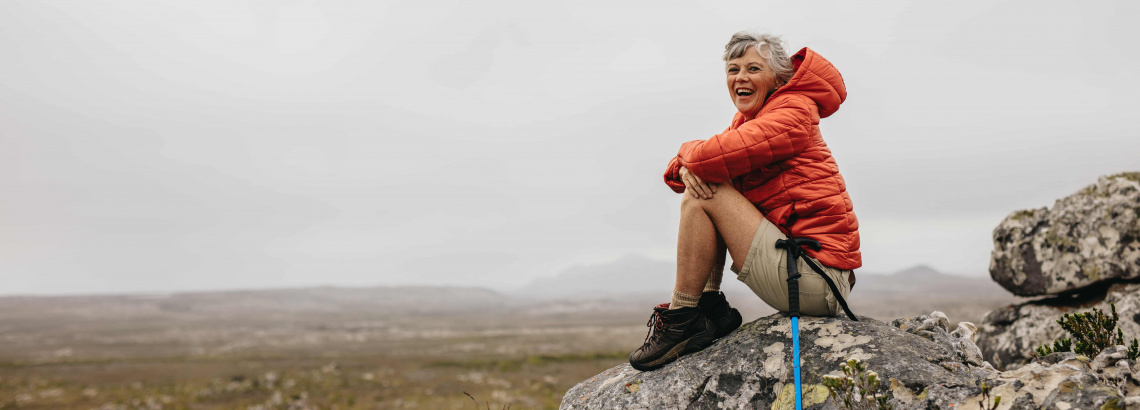
- ‘Are my thoughts undermining me?’
‘If you’re constantly allowing your inner critic to run rampant, filling your mind with negative thoughts such as, “Ugh, my wrinkles are gross!” you will feel negative about yourself. Remember you have the power to change your thoughts.’
- ‘What can I do right now to make me feel better?’
‘The best antidote to feeling “invisible” or “unimportant” is to treat yourself with respect,’ says Dr Gelb. ‘And you don’t have to do anything “big” in order to make the world a better place. Write a letter to a friend. Be attentive when someone is speaking. Smile. Be an engaged grandparent. The list is endless.

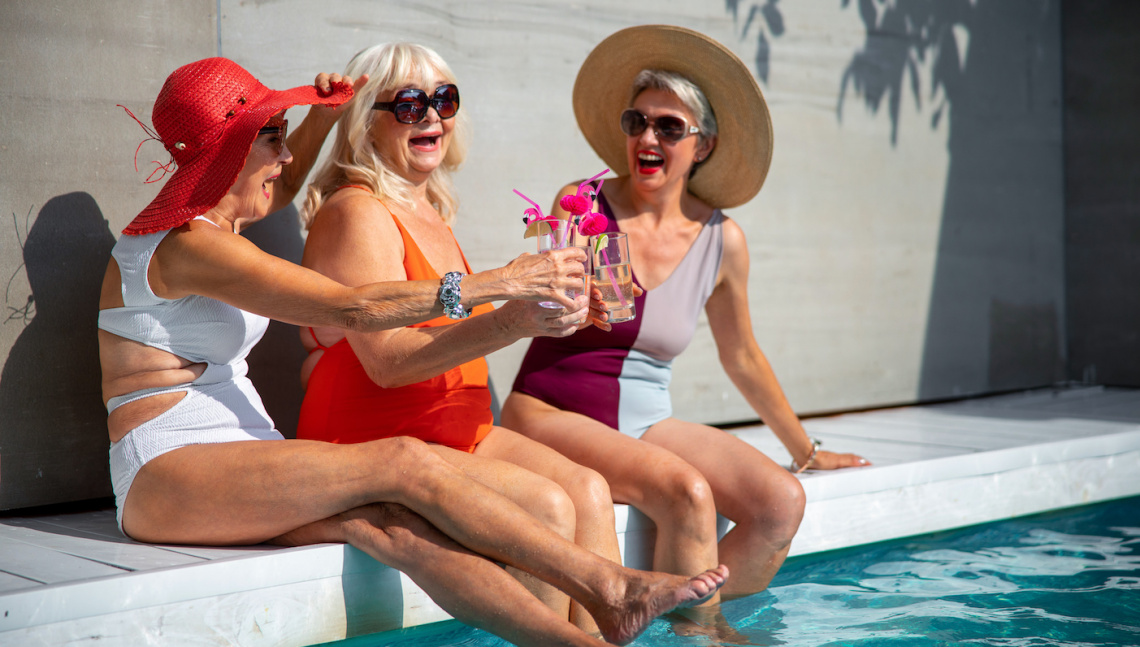




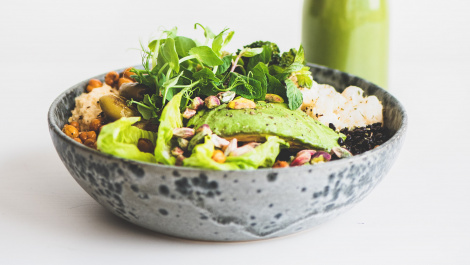
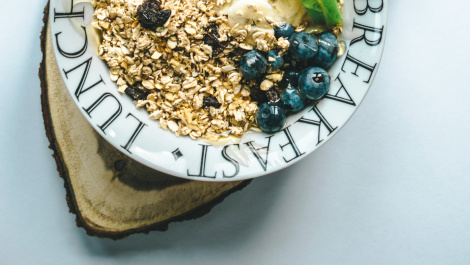
Comments